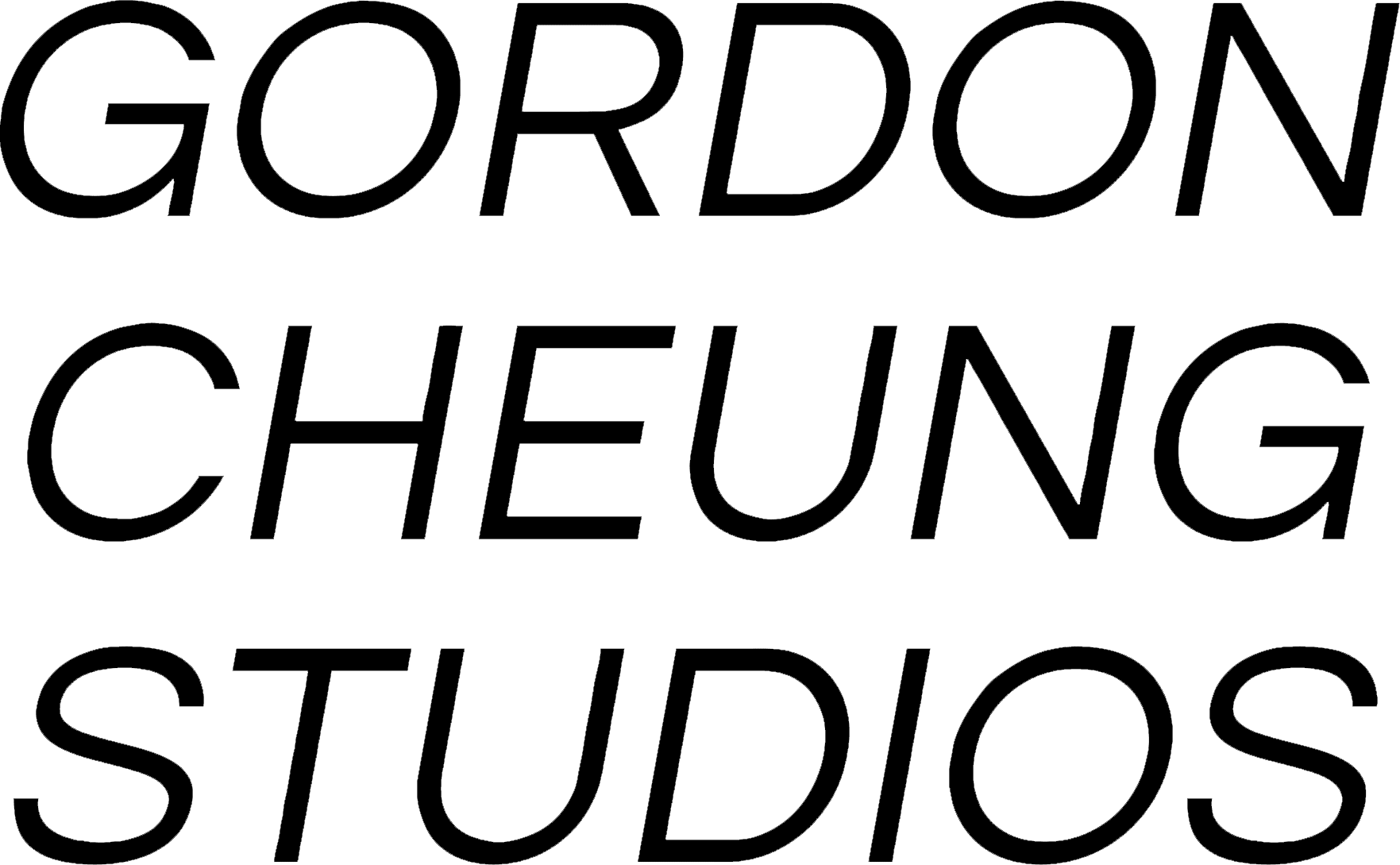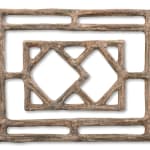-
Artworks







Wang Wei‘s "Mountain Dwelling" (山居秋暝), 2023
Financial Times newspaper, bamboo and adhesive42 x 58 cm
16 1/2 x 23 inFurther images
Traditional Chinese windows made from financial newspaper and bamboo refer to homes that were demolished for China’s rapid urbanisation. Here they hover between states of ‘being’, suggesting a ghost architecture...Traditional Chinese windows made from financial newspaper and bamboo refer to homes that were demolished for China’s rapid urbanisation. Here they hover between states of ‘being’, suggesting a ghost architecture that would have supported the windows. They act as a demarcation between Communism from what might be paradoxically called Communist Capitalism. Gazing from the past through a financial frame into the future.
The word ‘home’ evokes the place where one lives, especially as a member of family or household. It also carries the meaning of returning by instinct to one’s territory after leaving it. Being both Chinese and British, Cheung witnessed the 1997 British to China handover of the then colonised Hong Kong. His dual identity prompts him to think about the definition of home, where and what it is, and the narratives of conquest. What is the meaning of home in an age where the world order is changing at accelerated speed? How can a domestic domicile be powerlessly torn down and replaced with a shopping mall or a skyscraper, all in the name of progress?
Hong Kong is often used as a backdrop in science fiction to explore the intersections of old and new architecture. The compressed futuristic city is composed of layered expressions of humanity, history and civilisation, forming a feedback loop that we collectively define but also simultaneously defines our identities. The existential questions of ‘who, why and what am I?’ are universal questions of consciousness, and also the germinating seeds of transformation that Cheung layers into his work.
Exhibitions
Paradise Found Paradox, Richard Koh Fine Art, Singapore (10/07/2023 to 10/28/2023)
The Garden of Perfect Brightness, The Atkinson, Southport, UK (06/03/2023 to 09/09/2023)6of 6














